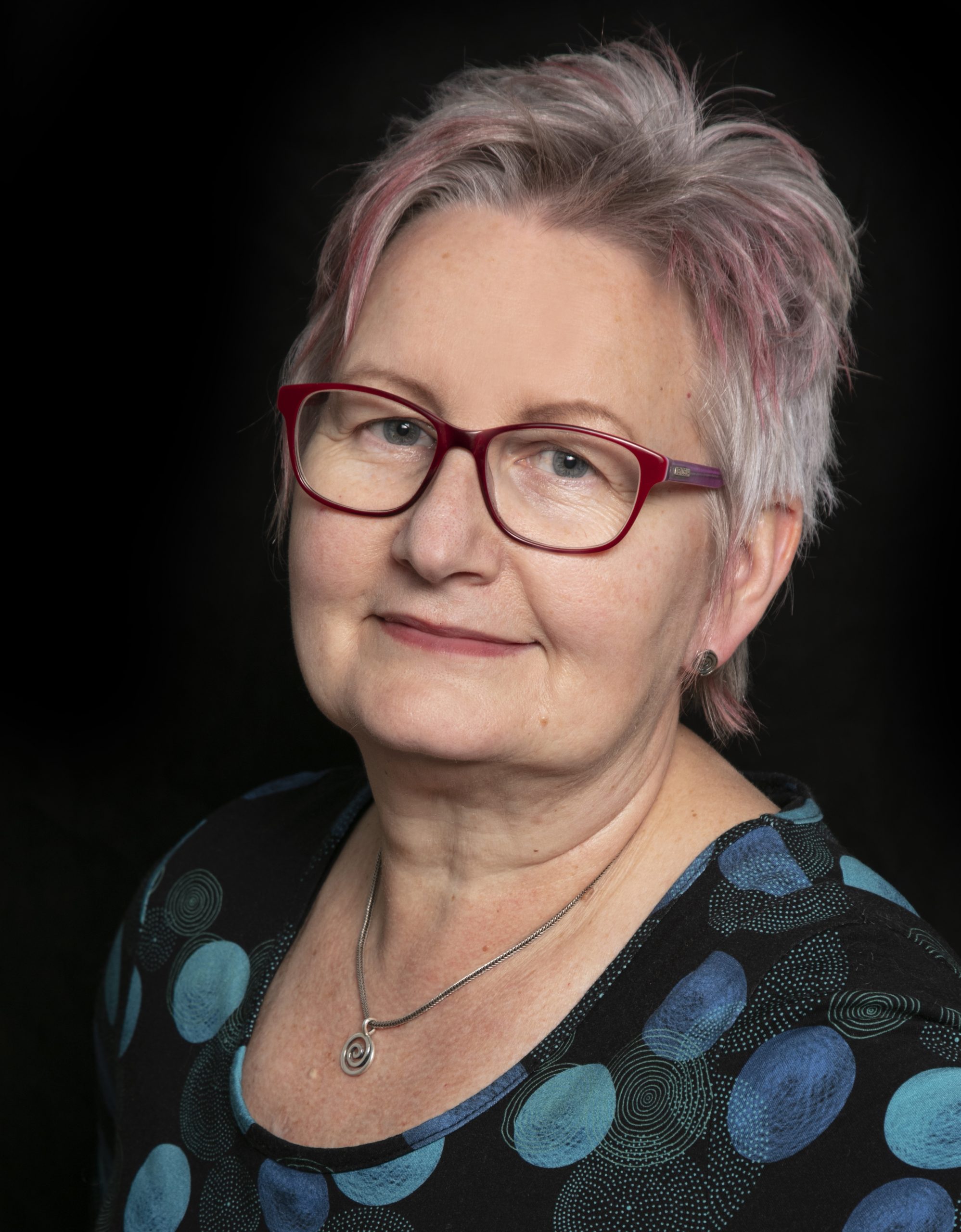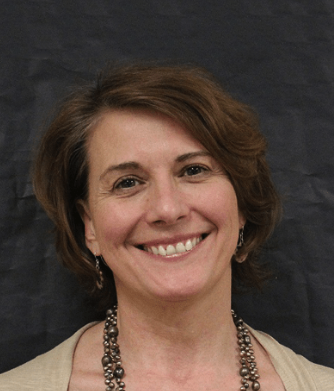
• Inger Birkeland (University of South-Eastern Norway) – June 24
is a Professor in human geography at the University of South-Eastern Norway with a PhD in human geography from the University of Oslo, Norway (2002). She has over twenty years of experience in teaching and research in higher education, from human geography, tourism studies, cultural analysis/cultural theory, to social studies and teacher education. Her research interests are nature-society relations; people-place relations; posthuman and new materialist approaches in culture theory; feminism and heritage in the Anthropocene; industrial heritage futures; cultural sustainability; and place pedagogies as an approach to education for sustainability. Latest book is “Cultural Sustainability and the Nature-Culture Interface” (Routledge 2018, 2019) edited with Rob Burton, Constanza Parra and Katriina Siivonen..
Place-conscious education and regional development: Facilitating ecologies of place
Regional geographers have for a long time investigated questions related to what kind of local and regional development and for whom, where place-based or place-conscious approaches have a special position. Place is a relevant category for transforming both education, regional development, and innovation in ways which can have direct bearing on the wellbeing of people and those landscapes, places and territories where they actually live. Place matters for regional development as it represents a meaningful category and a lived reality for people which offer possibilities for bridging dualisms and holding things together, being an assemblage of human and more-than-human place-makers and processes. The lecture will discuss the relationships between place-conscious education and regional development, with an aim to see how place-conscious education may facilitate new ecologies of place. The discussion draws upon research with cultural institutions, schools and kindergartens in a post-industrial region of Norway working with place-conscious education as an approach to education for sustainability and climate change transformation at the local and regional level. Based in an overall action research design, the overall aim of research was to mobilize social and cultural resources for (re)animation of place based on new social and cultural meanings of water.

• Danielle McNamara (Arizona State University) – June 24
is the director of the Science of Learning and Educational Technology (SoLET) laboratory at Arizona State University. The SoLET Lab conducts research to better understand cognition and learning, with a particular focus on reading comprehension and writing processes. This interdisciplinary research group applies research and methods from multiple disciplines, including education, psychology, linguistics, computer science, and learning analytics to develop learning environments and natural language processing tools. Their online tutoring system, iSTART, provides instruction and adaptive practice on reading comprehension strategies, and the Writing Pal provides instruction and practice to use writing strategies. These systems are appropriate and effective with middle and high school students, and are now being adapted for adult literacy learners. Current work explores efficacy of system use by middle school, high school, and college students, methods for improving system adaptability, usability and feasibility of the systems in classrooms, and the systems’ applications to source-based writing.
Interdisciplinary Behavioral Science: Enhancing Literacy from a Multidimensional Perspective
Dr. Danielle McNamara will describe research conducted in the Science of Learning and Educational Technology (SoLET) lab, which has adopted an interdisciplinary approach to helping students improve their literacy skills in reading comprehension and writing Research in the SoLET lab includes the development of intelligent tutoring systems, iSTART and Writing Pal, which focus on providing students with automated feedback on their comprehension and writing (e.g., explanations, summaries, essays) in combination with game-based strategy practice. The automated writing evaluations are driven by algorithms that use linguistic and semantic features of multiple levels of language (words, sentences, document) and incorporate multiple types of machine learning algorithms. Tools that leverage deep natural language processing, such as Coh-Metrix and ReaderBench, have been developed to provide estimates of a broad range of psychological and behavioral constructs, including text difficulty, strategy use, and levels of collaboration between students during tasks and online courses. Dr. McNamara’s overarching objective is to adopt a multidimensional perspective of literacy, including theoretical and empirical methods from multiple disciplines.

• Sébastien Turbot (eko6 and WISE research fellow) – June 25
is the CEO and Chief Strategist of eko6, a Canada-based consultancy that guides governments, cities, businesses and civil-society in creating engaging platforms that turn ideas into action. He is currently a research fellow at WISE (World Innovation Summit for Innovation) and developing a living lab on Learning Ecosystems and Cities. The lab will seek to build a global community of practice and to support urban ecosystems in designing, testing and prototyping learning ecosystems.”.
Accelerating Learning Ecosystems: a Living Lab Approach
How can a learner-centric, place-based and collective design thinking approach accelerate the mobilization of practitioners, experts, policymakers & innovators to support the design, testing and prototyping of learning ecosystems? Lessons-Learned from the WISE Learning Ecosystems Living Lab and its community.
